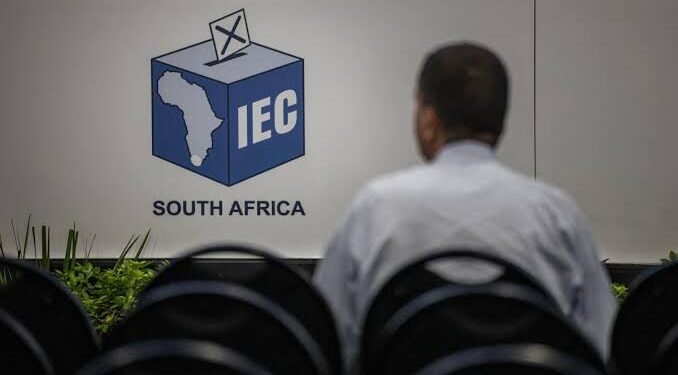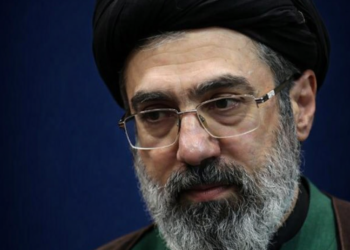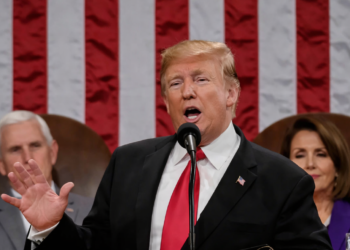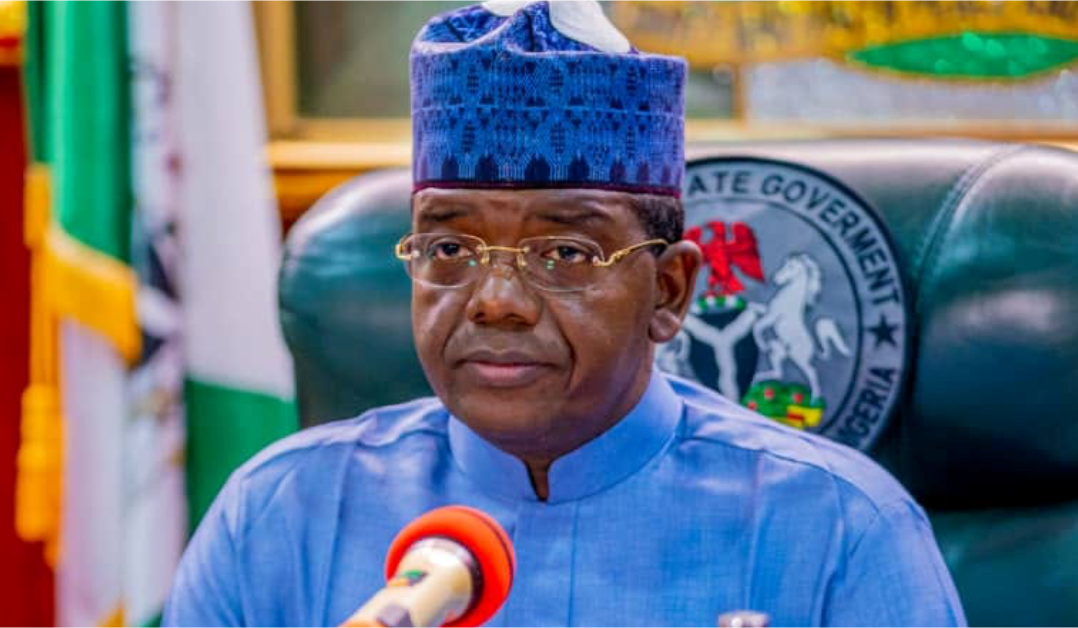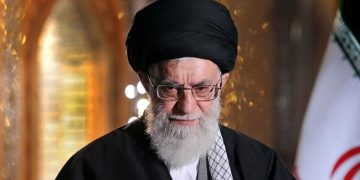The African National Congress (ANC) has dominated South African politics for 30 years, holding the majority of parliamentary seats and appointing the president. However, the recent election results have disrupted this long-standing dominance. The ANC now has fourteen days to form a coalition government with another political party to achieve the majority it failed to secure in the just-concluded election
The concept of a coalition government is not new to South Africa. Analysts argue that for a parliamentary democracy like South Africa, coalition governance is the most suitable form, advocating for joint control and diverse perspectives. Despite this, the ANC’s long-standing dominance shifted governance towards a single ruling authority, neglecting the coalition model that initially brought it to power.

During Nelson Mandela’s presidency, his administration was characterized by a national unity government, which included all parties with 10 percent of the vote or more. This inclusive governance approach contributed to ANC’s popularity and support.
Now, the ANC faces a critical decision: form a coalition with another political party, likely a rival, or forfeit the election, leading to a new election. This decision is particularly challenging given the ANC’s history of rivalries with potential coalition partners. Additionally, the coalition must support incumbent President Cyril Ramaphosa, as the ANC has stated it will not forsake him as a condition for forming a coalition government.
According to the South African constitution, parliament must hold its first sitting fourteen days after the election results are announced to elect a president. This president typically comes from the party with the majority in parliament. Since no party currently holds a majority, a coalition is necessary. If no majority is achieved, a runoff election will eliminate the votes of the least-polled candidates until one candidate secures a majority. This provision of the constitution although not tested in South Africa’ 30 years of democracy but cannot be ruled out as an option due to the dynamics of this present election, the outcome though unpredictable.
What happens if ANC fails to form a coalition?
Constitutional provisions states that if a coalition is not formed and a president is not elected within 90 days of the first sitting of the parliament, a fresh election should be held and the current parliament dismantled.
So Currently, All eyes are on the ANC and President Ramaphosa as they navigate this coalition challenge. The party’s decision will determine its ability to maintain a majority in parliament and secure Ramaphosa’s reelection for a second term. The success of this coalition will significantly impact South Africa’s political landscape and governance moving forward.

